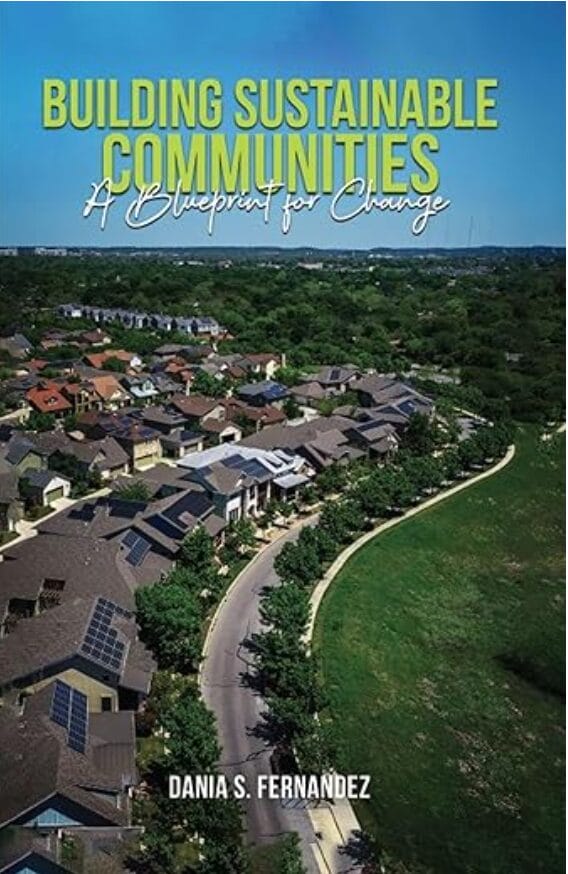
Living in an HOA means living in your own tiny governed community. It’s a community within a community within a county and a state (and so on) – you can think of it almost like a stack of nesting dolls. And while each association has its own unique set of CC&Rs, governing documents, bylaws and other rules and regulations, they must all still abide by state and federal laws.
Figuring out how and when various rules apply to condo associations can be challenging. To make sure you’re not missing a step, partner with a community law attorney who can provide guidance and advice.
Here’s the basic hierarchy for Florida community associations.
- Federal and State Laws: Federal and state laws provide the constitutional framework within which community associations, including HOAs, operate. These laws set the broad legal parameters for property rights, contracts and other legal concepts.
- Declaration of Covenants, Conditions and Restrictions (CC&Rs): CC&Rs are legally binding documents that outline the rules and regulations for a given community. An association’s CC&R is typically recorded with the county and applies to all property owners within the community. The CC&R covers issues like architectural guidelines, maintenance responsibilities and the establishment of the HOA. You’ll want an attorney to help draft these important documents.
- Articles of Incorporation: The Articles of Incorporation formally create the HOA as a legal entity. It outlines basic information about the association, such as its name, purpose, location and structure. This document is filed with the state.
- Bylaws: These are rules that govern how the HOA will operate. They cover issues such as how meetings are conducted, how the board of directors is elected, and the powers and duties of the board.
- Rules and Regulations: HOAs often have a set of rules and regulations that provide more specific guidelines for daily life within the community. These rules are typically created and amended by the board of directors.
It’s important to note that while this is a general hierarchy, the specific details can vary based on the individual association’s governing documents. Additionally, Florida law sets certain requirements and standards that HOAs must adhere to. Homeowners – and especially board members – should be familiar with all relevant documents to understand their rights and responsibilities within the community. To learn more about Florida community law, contact us at Dania Fernandez and Associates, P.A.


Where in the hierarchy of governing documents does the Plat rest?